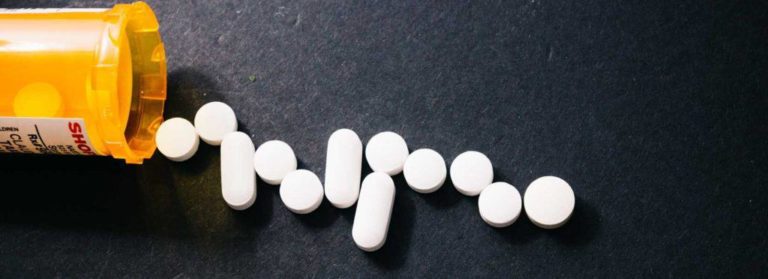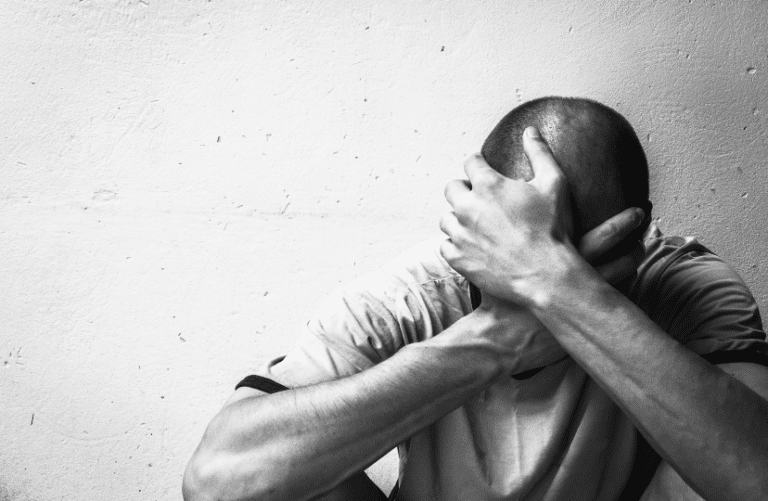Xanax is a benzodiazepine, a class of psychoactive drugs, and the most commonly prescribed. Unlike pain-relieving drugs, like opioids, benzodiazepines are sedatives used to treat disorders such as anxiety, panic disorder, and insomnia. The volume of Xanax prescriptions continues to increase, rising 67% between the years 1996 and 2013. According to the National Institute on Drug Abuse, there were over 20 million active Xanax prescriptions reported in the United States in 2018 alone.
Is Xanax Dangerous?
As one of the most prescribed medications in the United States, Xanax has a high rate of abuse and addiction. The drug is often misused due to its sedative nature, with a Xanax high producing feelings of calm and euphoria.
While fatal overdoses from benzodiazepines aren’t common, there remains a strong correlation between benzodiazepines and opioid-related deaths. Data collected from a recent study states that 23% of people who died from an opioid overdose in 2015 also tested positive for the presence of benzodiazepines.
Combining Xanax with other intoxicating substances has proven to be a real danger among users. A recent study in North Carolina found that overdose death rates were 10 times higher among individuals who consumed both opioid and benzodiazepine medications compared to individuals who only consumed opioids.
The Xanax High
Xanax is most commonly taken orally but can also be injected, smoked, or snorted. If abused or misused without a legal prescription, Xanax produces a high in which the user experiences:
Loss of balance
Dizziness
Depressed breathing
Depressed heart rate
Impaired coordination
Difficulty speaking
Confusion
Muscle weakness
Symptoms of Xanax Abuse
Xanax abuse causes adverse side effects and has the potential to inflict permanent, irreversible damage. Such symptoms include:
Severe depression
Withdrawal seizures
Uncontrolled muscle movements
Risk of developing Alzheimer’s Disease
Unconsciousness
Suicidal thoughts
Coma
Death
Xanax Addiction Treatment
Xanax is a highly addictive substance and abusing this benzodiazepine can be life-threatening if left untreated. Fortunately, help is available for those battling this addiction. Depending on the stage of an individual’s addiction, they may require detox, an intensive treatment program, or both. Fortunately, Knoxville Recovery Center offers various services to those struggling with this addiction.
Services offered:
Detox – Our on-site detox clinic accommodates and supports clients as the body sheds all residual traces of Xanax. Because Xanax is notoriously dangerous to withdrawal from, clients are under medical supervision during the detox process to ensure that they remain safe and comfortable.
Addiction Treatment – During our addiction treatment program, clients will engage in introductory therapies and exercises that work to prepare them for continued, more intensive treatment outside of our facility. The goal of our addiction treatment track is to stabilize clients so that they are treatment-ready.
Mental Health Treatment – Our mental health treatment program introduces behavioral therapies rooted in self-expression and holistic exercise. Art therapy, music therapy, and yoga are just a few forms of therapy we offer at the center. Our goal is to help the client reclaim their voice and expose them to treatment within a professional facility.
Aftercare Planning – Aftercare is designed for individuals who have benefitted from our introductory addiction services and are transitioning into a more intensive addiction treatment program. Once a client is stabilized, they will be encouraged to pursue continued addiction treatment. Our experienced case managers will then work with our clients to place them in a program that addresses their specific wants and needs.
Addiction is difficult to overcome alone. If you feel that you or a loved one is struggling with Xanax addiction, our specialists are on standby and ready to help. Call Knoxville Recovery Center and speak with an addiction expert today.











